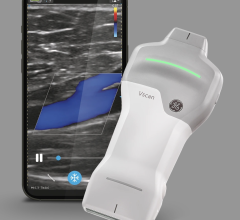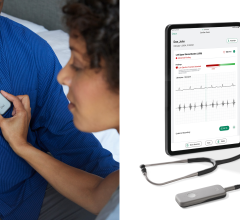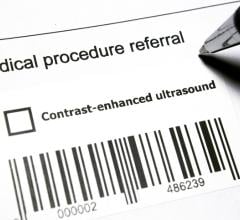August 5, 2008 - SpectraCell Laboratories now offers Aspirin Response Testing (ART), designed to measure a person's response to low-dose aspirin therapy, which is routinely prescribed to millions of Americans for cardiovascular disease prevention.
Recent research has shown that the effects of aspirin in reducing blood (platelet) "stickiness" will vary considerably from patient to patient. Studies show that individuals who do not respond to aspirin (in reducing platelet stickiness) are more than three times more likely to die from heart disease than those that respond well to aspirin. ART will reportedly tell clinicians if aspirin therapy is working, while it also helps them determine the appropriate dosage of aspirin for each patient, allowing a doctor to tailor their recommendations to the individual.
Platelets are small blood cells that stick together to form blood clots and control bleeding. They produce a chemical called thromboxane to attract other platelets and increase their stickiness. Aspirin works by inhibiting the production of thromboxane by platelets, therefore reducing their stickiness and limiting the size of clots.
ART measures the level of thromboxane production in apparently healthy individuals. The enzyme-linked immunoassay (ELISA) measures the levels of 11-Dehydro Thromboxane B2 (11dhTxB2) in human urine. It reflects in vivo production of thromboxane A2, which is the target of aspirin therapy. Clinical studies such as the large HOPE (Heart Outcomes Prevention Evaluation) study have shown that elevated levels of 11dhTxB2 correlate to increased cardiovascular risk.
There are several reasons why a patient may not respond well to aspirin. It may be as simple as a patient taking a dose too low to effectively inhibit thromboxane A2 production. Platelets can also be activated by pathways that are not blocked by aspirin so other anti-thrombotic therapies may benefit patients that are resistant to aspirin for this reason.
Standard platelet function tests require freshly drawn blood and must be evaluated within four hours. However, since ART uses a random urine sample, it is not subject to variables associated with blood sampling. In addition, aspirin response is highly assay-specific, meaning that a patient may not test positive for aspirin resistance with tests that stimulate platelet aggregation in vitro via other, less specific pathways. ART is done in vivo and specifically measures stable thromboxane metabolites. The final results are reported in picograms of 11dhTxB2 per milligram of creatine to standardize results to urine concentration.
For more information: www.spectracell.com
News | August 04, 2008


 January 28, 2026
January 28, 2026 









